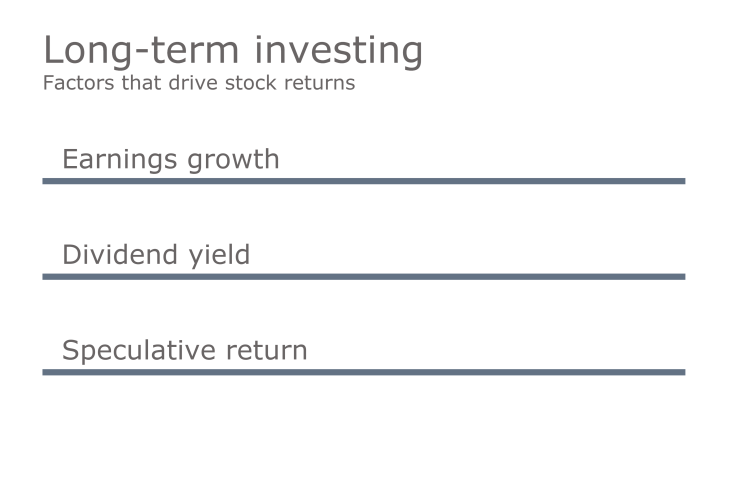MALVERN, Pa. – Investing legend John Bogle is hardly alone in forecasting that investors should expect lower returns for stocks over the next decade.
But Bogle’s expectations could result in another phenomenon: Range-bound equity markets could have a huge impact on clients' municipal bond portfolios. Speaking at the annual Bogleheads gathering near the headquarters of Vanguard, the asset management giant he founded, Bogle made a strong case that stock returns are driven by three factors: earnings growth, dividend yield and speculative return.

Though earnings growth and dividend yield argue for a 7% annualized return, speculative return would take 3 percentage points from those returns.
In charts, Bogle illustrated that when equities are richly valued, as he says they are now, stocks typically return less over the next decade.
What does this have to do with muni bonds? Plenty!
Funds built with these tax-advantaged bonds resulted in strong returns in recent years – and even no fees in a few cases.
By some measures, the state and local governments that issue municipal bonds have pension and health care liabilities that are as much as $2 trillion to $3 trillion underfunded, while at the same time assumes that pensions earn about 7.5% annually. If over the next decade stocks earn 4% and bonds earn 2% to 3%, this underfunding will mushroom when most baby boomers have retired and are collecting benefits.
-
Market valuations are generally high this year partly due to a lack of rate increases, but fourth-quarter positioning can still present opportunities.
September 27 -
Will the rally continue, or are the winning ways of this asset class nearing an end?
September 9 -
Funds built with these tax-advantaged bonds resulted in strong returns in recent years – and even no fees in a few cases.
May 24
Even municipalities that are close to being fully funded could face stress, and that could cause systemic risk very different from anything ever faced by the muni bond industry.
I asked Bogle about the impact on muni bonds if his forecast on stock returns should come to pass. He responded by saying, "You always ask unanswerable questions, Allan." He also stressed the need to buy high-quality muni bonds or bond funds.
As I see it, even the small possibility of large defaults, combined with the relatively meager after-tax benefits over taxable U.S. bonds or CDs, would argue for limiting municipal bond exposure. Personally, I have clients put no more than 20% of their fixed income in muni bonds. That's about twice the market capitalization of taxable, investment-grade debt.






